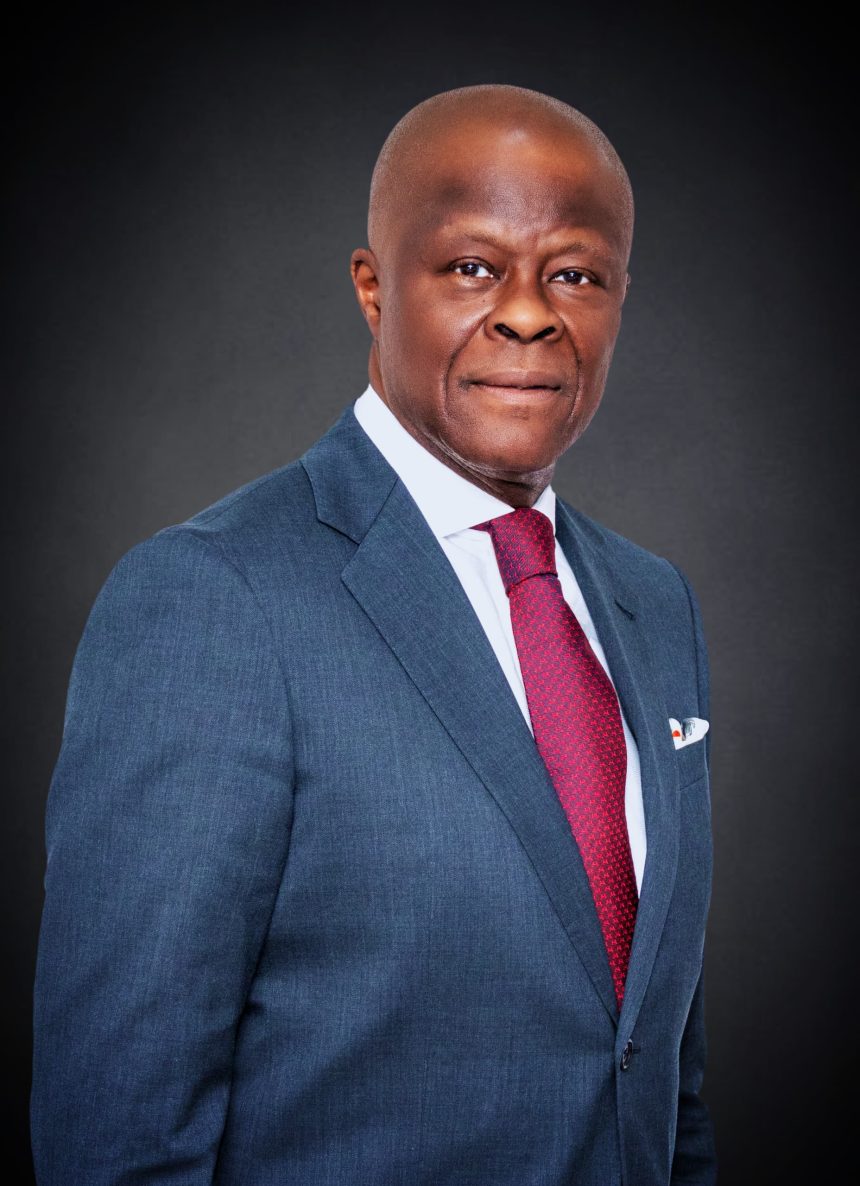Economy Shows Growth As Nigeria’s GDP Up 2.98%- Edun
By Patience Ikpeme
The Minister of Finance and Coordinating Minister of the Economy, Mr. Wale Edun has announced that the GDP has grown by 2.98 percent in the first quarter of this year. This growth rate is higher than both population growth, which stands at 2.4 percent, and last year’s GDP growth of 2.31 percent.
According to Mr. Edun, this positive growth can be attributed to the policies, strategies, and programs implemented by the government under the leadership of President.
Presenting his scorecard one year into President Bola Ahmed Tinubu’s administration, Edun stated that these efforts have steered the country in the right direction, with the economy showing signs of steady growth. Additionally, there is room for optimism as the agriculture sector, which is yet to fully contribute to economic growth and inflation reduction, has great potential.
In the first quarter of last year, the agriculture sector experienced a decline of 0.9 percent. However, in the same period this year, the sector witnessed a marginal growth of 1.8 percent. The Minister of Finance discussed the ongoing dry season harvest, which indicates promising agricultural output and production.
Coupled with initiatives at the state level, such as special agriculture processing zones, the country is expected to witness increased food production and better performance in the agriculture sector. This will have a positive impact on the economy, including reducing inflation rates as food prices play a significant role in calculating inflation.
The expected reduction in inflation will provide the monetary authorities with an opportunity to stabilize the exchange rate. Consequently, interest rates may decrease, prompting an increase in investments and productivity, generating more job opportunities, and ultimately reducing poverty levels.
In terms of the Ministry of Finance’s contribution towards achieving the President’s agenda, efforts have been made to protect the poor and vulnerable during a time of heightened costs. A social investment program, involving direct payments to the poor, has been reinstated. This program aims to assist 75 million Nigerians and 15 million households, providing immediate financial relief.
Furthermore, the government has successfully revamped and increased the revenue of the Federal Republic of Nigeria. This development ensures that the government can meet its financial obligations without resorting to borrowing, particularly international debt service. Debts owed to international bodies, such as the Islamic Development Bank, have been paid off, enhancing the country’s credibility.
The government has also prioritized the proper handling of funds held by agencies and enterprises. This measure aims to boost public trust and eliminate outstanding debts, improving Nigeria’s standing in international financial matters.
The minister also disclosed that the minimum wage is not a mandatory scale but rather the minimum acceptable payment. Discussions he said are ongoing to ensure that both the public and private sectors abide by the law. Taking all these factors into consideration, it is anticipated that Nigeria will continue on a path of economic growth, leading to improved living standards and a better quality of life for its citizens.




